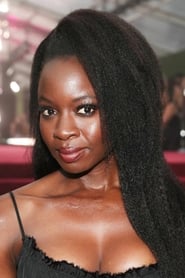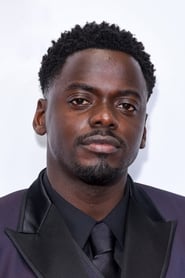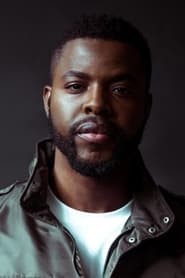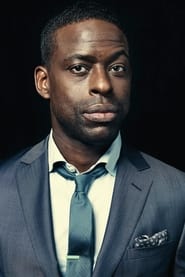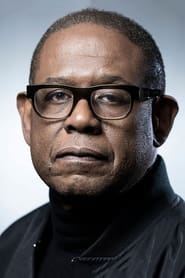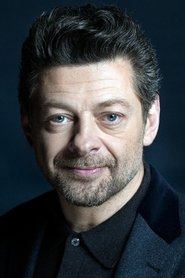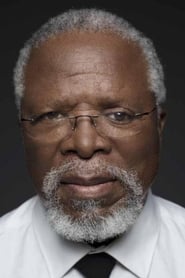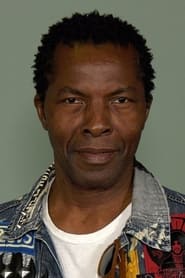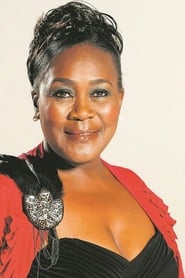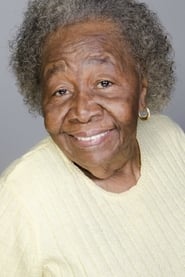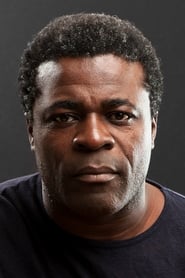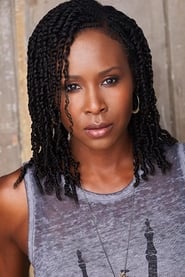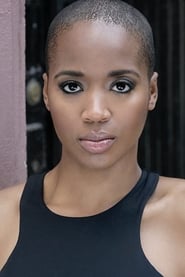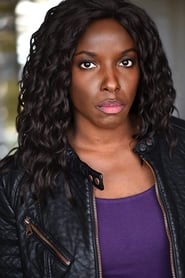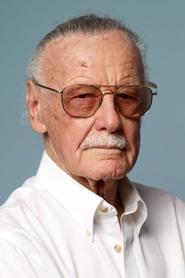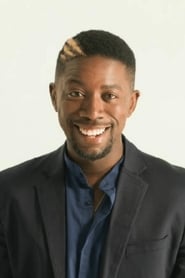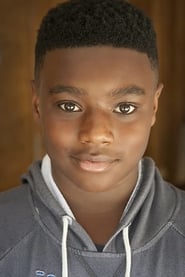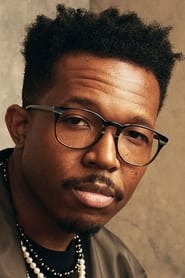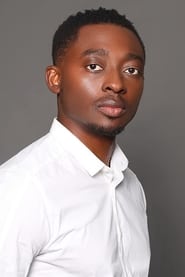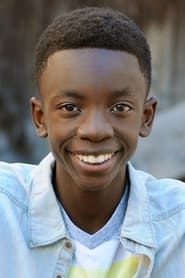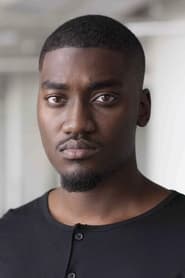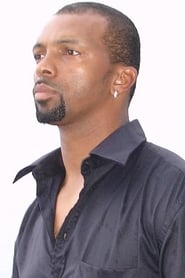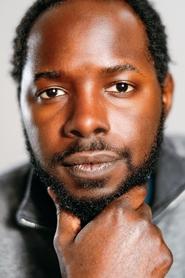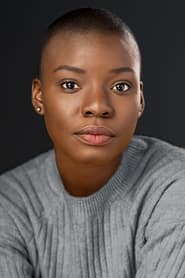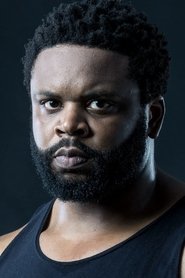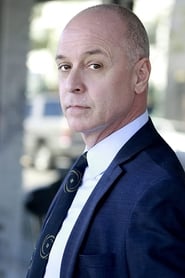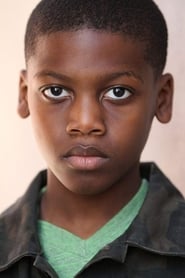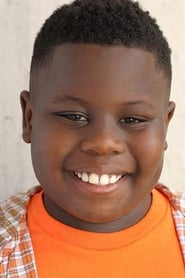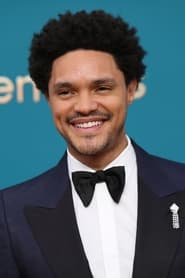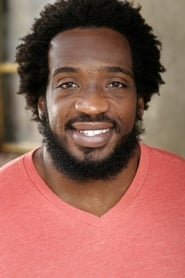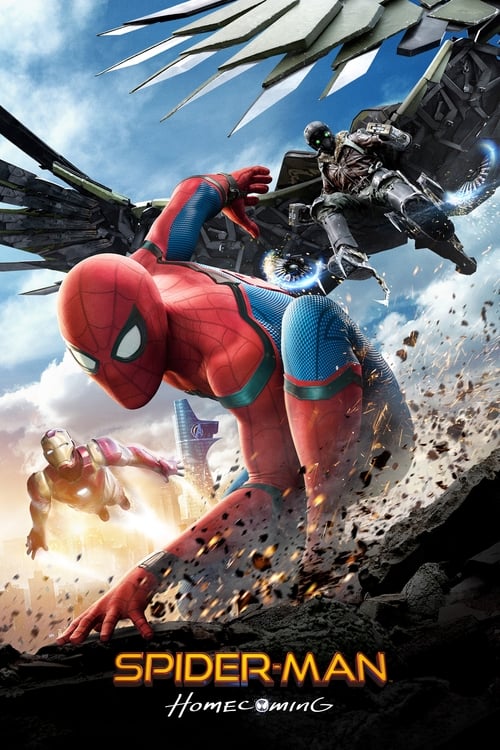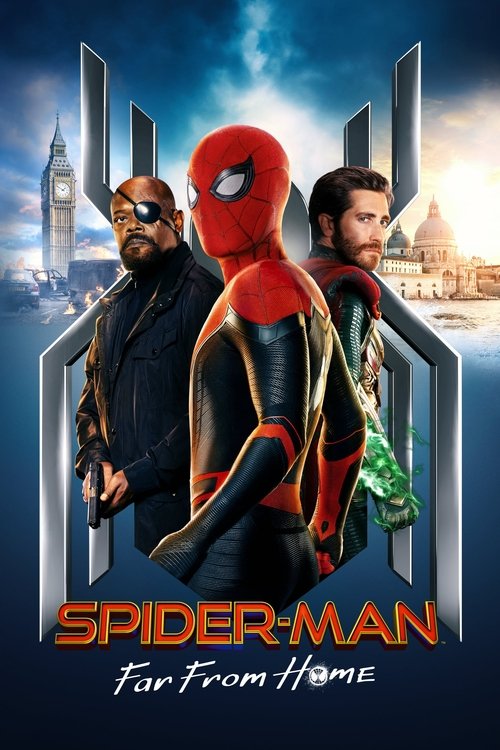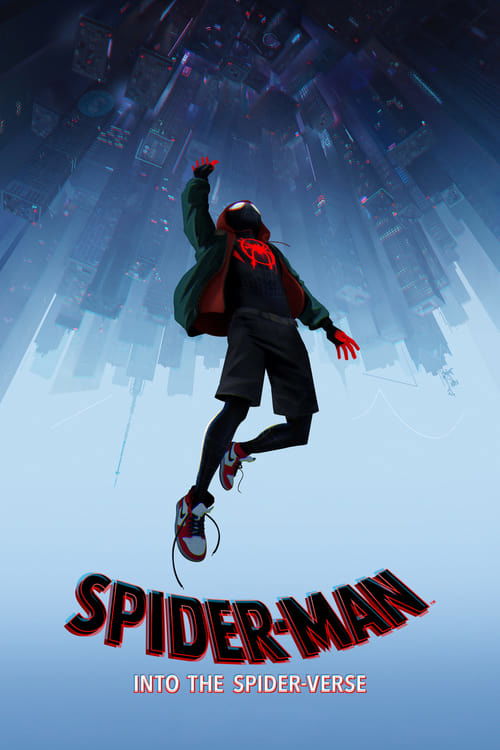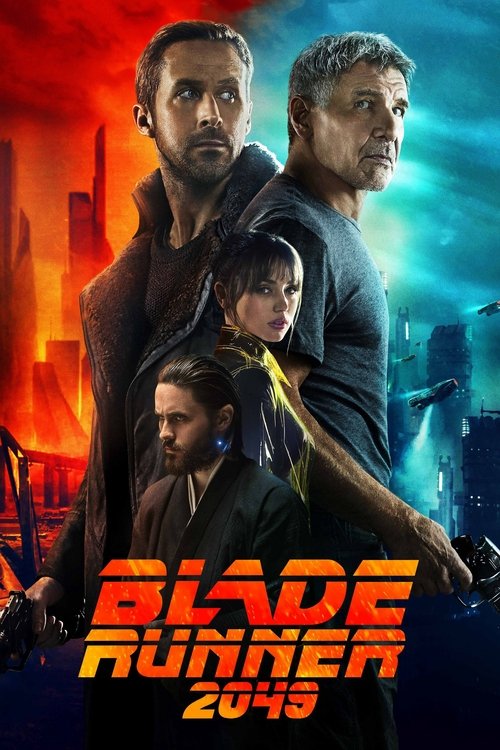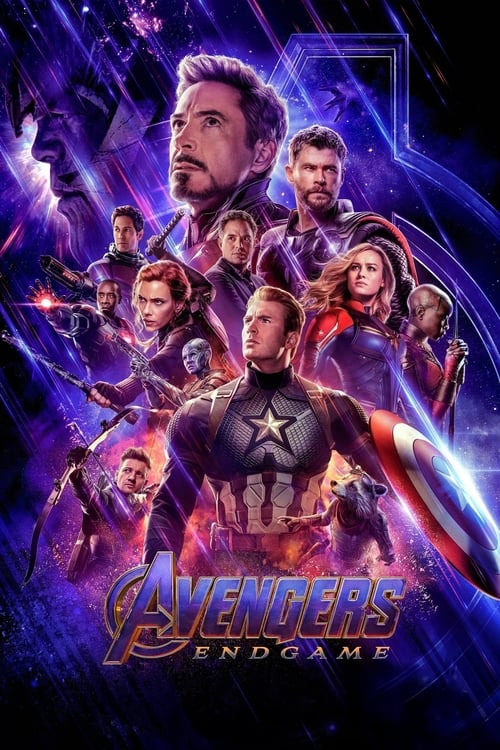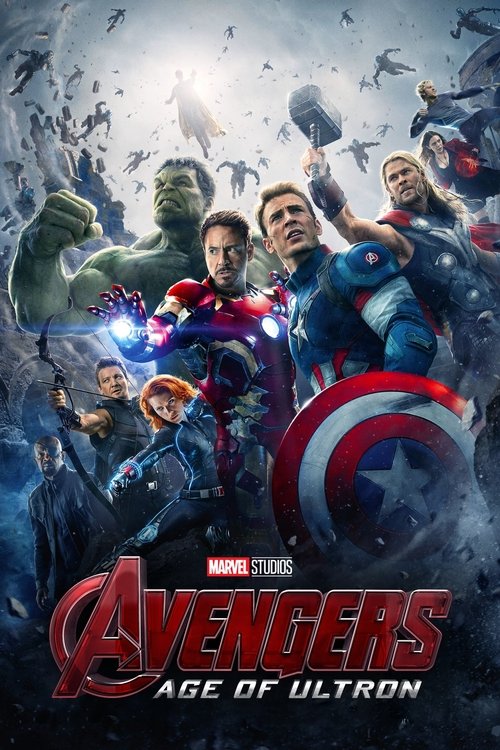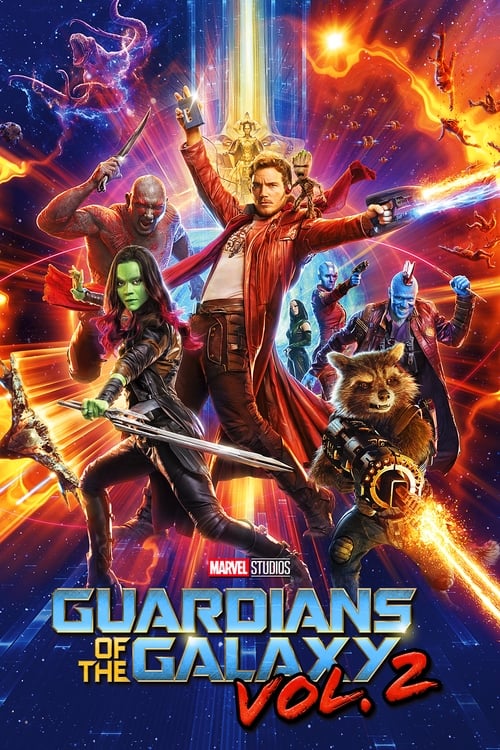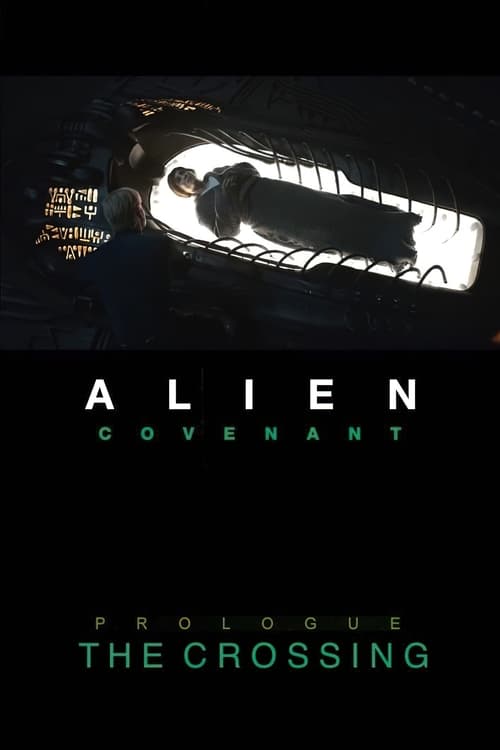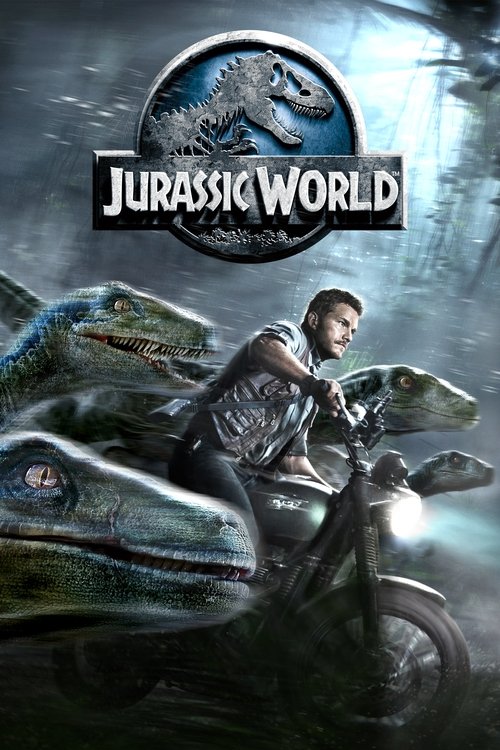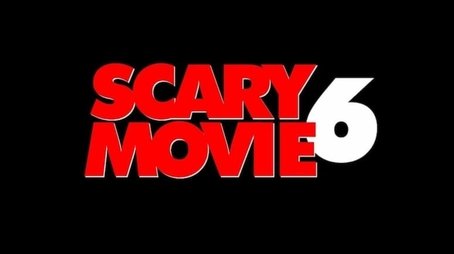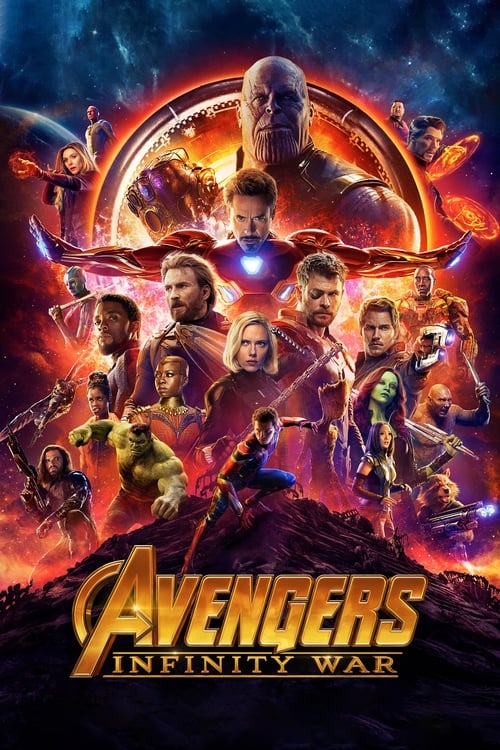
Ask Your Own Question
What is the plot?
Black Panther (2018): A Complete Narrative Spoiler
The film opens with a voice echoing through time, as King T'Chaka (John Kani) tells his young son, T'Challa, the story of their people. "Long ago, a meteorite crashed into Africa, bringing with it a metal unlike any other--vibranium," he says, his voice rich with pride and sorrow. The screen fills with images of ancient warriors, five African tribes warring over the meteorite's power. One warrior, daring and desperate, ingests a heart-shaped herb affected by the vibranium. His body surges with strength, his senses sharpen, and he becomes the first Black Panther. With this newfound power, he unites four of the five tribes, forming the hidden nation of Wakanda. The fifth, the Jabari, retreat to the mountains, rejecting unity. Over centuries, Wakanda grows into a technological marvel, its cities shimmering with vibranium-powered wonders, all concealed beneath a holographic veil of poverty to the outside world.
Present Day: Nigeria
The camera sweeps over the lush Nigerian landscape as a sleek Wakandan aircraft glides silently above. Inside, T'Challa (Chadwick Boseman), now a man, sits beside Okoye (Danai Gurira), the fierce general of the Dora Milaje, Wakanda's all-female royal guard. Their mission: extract Nakia (Lupita Nyong'o), T'Challa's former lover, who is deep undercover among mercenaries trafficking women and young men as soldiers. T'Challa, clad in his Black Panther suit, leaps from the jet, his landing a silent explosion of dust and power. He disables the mercenaries' vehicles with Wakandan tech, then fights his way through the startled men, his movements a blur of precision and grace. Nakia, disguised among the captives, watches with a mixture of relief and frustration. "I had it under control," she says as T'Challa frees her. "I know," he replies, a hint of a smile beneath his mask. Together, they return to the aircraft, the mission a success, but Nakia's independence and T'Challa's protectiveness already hint at the tensions that will shape their journey.
Wakanda: The Coronation
The trio lands in Wakanda, the city a breathtaking fusion of tradition and hyper-advanced technology. T'Challa is greeted by his mother, Queen Ramonda (Angela Bassett), and his younger sister, Shuri (Letitia Wright), a technological prodigy whose lab is a playground of innovation. Shuri teases her brother about his outdated suit, her laughter a bright counterpoint to the solemnity of the moment. "How many times do I have to teach you, big brother?" she jokes, her eyes sparkling with mischief.
The tribes gather at the sacred waterfall for T'Challa's coronation. Zuri (Forest Whitaker), the spiritual leader, hands T'Challa a ceremonial drink that strips him of the Black Panther's powers, leaving him vulnerable to challenge. The ritual is ancient, the air thick with anticipation. One by one, the tribal leaders decline to challenge--until the Jabari arrive, their massive forms emerging from the mist. M'Baku (Winston Duke), their leader, steps forward, his voice booming. "I, M'Baku, leader of the Jabari, will fight for the throne!" The crowd gasps as the two men face off on the rocky ledge above the falls. The fight is brutal, M'Baku's raw strength pitted against T'Challa's agility and cunning. M'Baku nearly wins, lifting T'Challa over his head, but T'Challa twists free, locking M'Baku in a chokehold over the edge. "Yield," T'Challa urges, his voice strained. "Yield and live to serve your people." M'Baku, after a tense moment, taps out. The crowd erupts in cheers as T'Challa is crowned king, but the victory is bittersweet--the Jabari's presence a reminder of Wakanda's fractured unity.
The Past Revealed: Oakland, 1992
A flashback cuts to Oakland, California, 1992. King T'Chaka, younger and burdened, confronts his brother, N'Jobu, who has been living undercover, watching over the African diaspora. T'Chaka accuses N'Jobu of aiding Ulysses Klaue (Andy Serkis), a black-market arms dealer, in stealing vibranium from Wakanda. N'Jobu's partner, Zuri, reveals himself as a Wakandan spy, confirming the betrayal. N'Jobu, desperate, reaches for a gun. "You would kill your own brother?" he challenges. T'Chaka, heartbroken, kills N'Jobu to protect Wakanda's secret, leaving behind a young boy--Erik Stevens, who will grow into Killmonger.
Present Day: Wakanda and South Korea
Back in Wakanda, T'Challa learns that Klaue has resurfaced, stealing a Wakandan artifact from a British museum. Determined to bring him to justice, T'Challa, Nakia, and Okoye track Klaue to a high-stakes arms deal in Busan, South Korea. The scene is a dazzling mix of neon lights and tension, as T'Challa and Nakia, disguised as wealthy buyers, infiltrate a casino. Klaue, flamboyant and ruthless, is there to sell stolen vibranium. A chaotic shootout erupts, T'Challa's suit absorbing bullets as he fights through Klaue's men. CIA agent Everett K. Ross (Martin Freeman), monitoring the deal, is caught in the crossfire. T'Challa, despite his distrust of outsiders, saves Ross, who is gravely wounded. "Take him to Wakanda," T'Challa orders, revealing their advanced medical technology to an outsider for the first time.
In Wakanda, Shuri heals Ross with vibranium-based tech, while T'Challa interrogates Klaue. But before he can extract information, a masked man attacks, freeing Klaue. In the ensuing chase, the masked man--revealed as Erik "Killmonger" Stevens (Michael B. Jordan)--kills Klaue, claiming it as justice for his father. "Hey, Auntie," Killmonger says to Ramonda, revealing his identity as N'Jobu's son and T'Challa's cousin. The revelation sends shockwaves through the royal family. Killmonger, his body scarred with ritualistic marks, demands his birthright--a challenge for the throne.
The Challenge and the Fall
At the sacred waterfall, Killmonger arrives, tossing Klaue's body at T'Challa's feet. "Is this your king?" he taunts the crowd. He produces N'Jobu's ring, proof of his lineage. Zuri, overcome with guilt, confesses his role in N'Jobu's death. Killmonger, enraged, kills Zuri in front of the assembly, his blade finding its mark with chilling precision. "Now, who else wants to challenge me?" he snarls.
T'Challa, stripped of his powers once more, faces Killmonger in ritual combat. The fight is fierce, Killmonger's military training and rage giving him the edge. He overpowers T'Challa, hurling him over the waterfall's edge. The crowd gasps as T'Challa disappears into the mist below. Killmonger is crowned king, and with Shuri's reluctant help, he burns the heart-shaped herbs, ensuring no new Black Panther can rise. He dons his own vibranium suit, a sleek, golden panther, and declares his intent to arm oppressed people worldwide, toppling governments and empires. "The sun will never set on the Wakandan empire," he vows, his eyes burning with vengeance.
Exile and Return
Nakia, Shuri, Ramonda, and Ross flee to the Jabari mountains, seeking refuge with M'Baku. There, they discover T'Challa, barely alive, rescued by the Jabari in secret. Nakia, who stole a single heart-shaped herb before Killmonger's purge, administers it to T'Challa. He awakens, weakened but determined. "I am not ready to die," he whispers. M'Baku, moved by T'Challa's earlier mercy, agrees to lend his forces to the coming fight.
The Final Battle
T'Challa returns to Wakanda as Killmonger's forces, led by W'Kabi (Daniel Kaluuya), prepare to ship vibranium weapons across the globe. The city is a warzone, Dora Milaje clashing with W'Kabi's border tribe, Rhino-mounted warriors charging through the streets. Shuri, Nakia, and Okoye fight side by side, their loyalty to Wakanda unwavering. Ross, piloting a Wakandan jet remotely, shoots down the outgoing weapon shipments, his actions a turning point in the battle.
In the heart of the Vibranium mine, T'Challa confronts Killmonger. Their suits gleam in the cavern's eerie light as they trade blows, each move charged with the weight of history and family. "You're gonna have to kill me," Killmonger growls. "That's not how we do things here," T'Challa replies. The fight is brutal, the two panthers matched in strength and skill. T'Challa finally gains the upper hand, stabbing Killmonger with his own blade. As Killmonger collapses, T'Challa offers to heal him. "Why?" Killmonger asks, his voice ragged. "So you can lock me up? Nah. Just bury me in the ocean with my ancestors who jumped from the ships, because they knew death was better than bondage." With those words, he pulls the blade deeper, choosing death over captivity. T'Challa holds him as he dies, the weight of their shared blood and broken legacy heavy between them.
Resolution and a New Dawn
With Killmonger gone, W'Kabi and his forces stand down, confronted by Okoye's unwavering loyalty to the throne. M'Baku and the Jabari arrive, their presence a symbol of Wakanda's renewed unity. T'Challa, victorious but changed, addresses his people. "We cannot hide from the world any longer," he declares. "We must share our knowledge, our resources, to help those in need." He establishes an outreach center in Oakland, at the very building where his uncle died, to be run by Nakia and Shuri. The film's final scene shows T'Challa standing before the United Nations, revealing Wakanda's true nature to the world. "In times of crisis, the wise build bridges, while the foolish build barriers," he says, signaling a new era of openness and hope.
In a post-credits scene, Shuri helps Bucky Barnes--the Winter Soldier--recover in Wakanda, hinting at future alliances. The story of Black Panther is complete: a tale of loss and legacy, of a king who learns that true strength lies not in isolation, but in connection--to his people, his family, and the world beyond Wakanda's borders.
Character Fates
- T'Chaka: Dies prior to the film's events, killed in a bombing during Captain America: Civil War.
- N'Jobu: Killed by T'Chaka in Oakland, 1992, for betraying Wakanda.
- Ulysses Klaue: Killed by Killmonger in South Korea during the arms deal confrontation.
- Zuri: Killed by Killmonger during the ritual challenge at the waterfall.
- Erik Killmonger: Mortally wounded by T'Challa in the Vibranium mine, chooses to die rather than be imprisoned.
- T'Challa, Nakia, Shuri, Ramonda, Okoye, M'Baku, Everett Ross: All survive, with T'Challa embracing a new vision for Wakanda's future.
Major Revelations and Twists
- Killmonger's true identity as T'Challa's cousin and son of the disgraced N'Jobu, kept secret by Wakanda's elders.
- N'Jobu's betrayal and the cover-up of his death, which fuels Killmonger's rage and quest for vengeance.
- Wakanda's technological and cultural isolation is a deliberate choice to protect vibranium, not a result of poverty or backwardness.
- T'Challa's vulnerability during the coronation ritual, when he is stripped of his powers and nearly loses the throne.
- Killmonger's radical plan to use Wakanda's resources to incite global revolution, challenging T'Challa's belief in gradual change.
- The destruction of the heart-shaped herbs, a symbolic end to the old ways, until Nakia's foresight allows T'Challa's return.
- Wakanda's decision to reveal itself to the world, marking a profound shift in national policy and identity.
Visual and Emotional Highlights
- The coronation fight: The misty waterfall, the roar of the crowd, the physicality of the combat, and the moment M'Baku yields, his pride intact but his challenge defeated.
- The Oakland flashback: The dimly lit apartment, the anguish on T'Chaka's face as he kills his brother, the young Erik watching in horror, his life forever altered.
- The casino shootout: Neon lights, shattered glass, T'Challa's suit glowing as it absorbs bullets, the chaos and sudden alliance with Ross.
- Killmonger's arrival: His dramatic entrance, the scars on his body a map of pain and purpose, the shock of his lineage revealed to the royal family.
- The final battle: The cavernous mine, the two Black Panthers locked in combat, the emotional weight of Killmonger's choice to die free, T'Challa's grief as he holds his dying cousin.
- The United Nations speech: T'Challa, regal and resolute, stepping onto the world stage, the hope in his people's eyes as Wakanda's future unfolds.
Conclusion
Black Panther (2018) is a story of inheritance and innovation, of a king tested by loss, betrayal, and the weight of history. It is a visually stunning, emotionally charged journey from the hidden vibranium mines of Wakanda to the global stage, as T'Challa learns that leadership means not just protecting his people, but reaching out to the world. The film's ending is both a resolution and a beginning--a king reborn, a nation transformed, and a legacy that will echo far beyond Wakanda's borders.
More Movies Like This
Browse All Movies →What is the ending?
At the end of Black Panther, T'Challa reveals Wakanda's true nature to the world, opening up the nation to share its resources and technology. He confronts Killmonger, who dies after a fierce battle. T'Challa honors Killmonger's legacy by providing a proper burial. The film concludes with T'Challa establishing a cultural center in Oakland, where he connects with the community and honors his father's past.
As the climax of Black Panther unfolds, we find ourselves in the vibrantly colored heart of Wakanda, where the final confrontation between T'Challa and Erik Killmonger takes place. The two men, both kings in their own right, face off in the ancestral plane, a place steeped in tradition and the weight of their shared lineage. T'Challa, having been resurrected after his earlier defeat, is fueled by a sense of duty to his people and the legacy of his father, King T'Chaka. He is determined to protect Wakanda and its future.
The battle begins in the vibranium mines, where the two warriors clash amidst the echoes of their ancestors. T'Challa, clad in the Black Panther suit, fights with a mix of agility and strength, while Killmonger, driven by his desire for revenge and recognition, matches him blow for blow. The stakes are high, as the fate of Wakanda hangs in the balance. Killmonger's motivations are rooted in a deep-seated anger towards a world that has marginalized his people, and he believes that by taking the throne, he can change that.
As the fight intensifies, T'Challa gains the upper hand, ultimately delivering a decisive blow that leaves Killmonger wounded. In a moment of vulnerability, Killmonger reveals his pain and the scars of his past, expressing a desire to die free rather than in chains. T'Challa, moved by his adversary's words, offers him a chance to heal and live, but Killmonger chooses to reject this offer, stating that he would rather die than live in a world that has oppressed him. With that, he succumbs to his injuries, leaving T'Challa to grapple with the loss of a rival who was also a reflection of his own struggles.
In the aftermath of the battle, T'Challa stands at the edge of a cliff overlooking Wakanda, contemplating the future of his nation. He realizes that the isolationist policies of the past must change. In a powerful moment of transformation, he decides to reveal Wakanda's true nature to the world, breaking down the barriers that have kept its advanced technology and resources hidden. This decision is not just about Wakanda; it is a commitment to global responsibility and a step towards healing the wounds of the past.
The film concludes with T'Challa traveling to Oakland, California, where he establishes a cultural center in the neighborhood where his father once lived. This center serves as a bridge between Wakanda and the African diaspora, symbolizing hope, connection, and the sharing of knowledge. T'Challa's journey comes full circle as he honors his father's legacy while also forging a new path for his people and the world.
As the credits roll, we see the fates of the main characters: T'Challa emerges as a wise and compassionate leader, ready to embrace a new era for Wakanda. Shuri, his sister, continues to innovate and push the boundaries of technology. Nakia, his love interest, stands by his side, committed to the vision of a united world. M'Baku, the leader of the Jabari tribe, remains a powerful ally, while the memory of Killmonger lingers, a reminder of the complexities of identity and the fight for justice. The film closes on a note of hope, emphasizing the importance of community, connection, and the potential for change.
Is there a post-credit scene?
Yes, "Black Panther" features two post-credit scenes that expand on the film's themes and set up future storylines.
The first post-credit scene occurs after the main credits roll. It takes place in a United Nations assembly where T'Challa, now the King of Wakanda, stands before a gathering of world leaders. He addresses them with confidence and a sense of purpose, revealing Wakanda's true technological advancements and resources. T'Challa expresses his desire to share Wakanda's knowledge and resources with the world, aiming to help those in need and foster global cooperation. This moment is significant as it marks a shift from Wakanda's isolationist policies to a more open and engaged approach, reflecting T'Challa's growth as a leader and his commitment to making a positive impact on the world.
The second post-credit scene takes place in a more intimate setting, showing Shuri, T'Challa's sister, in a lab. She is working on a project when she is approached by a young boy who asks her about the technology. This scene highlights Shuri's intelligence and innovation, as well as her role as a key figure in Wakanda's future. It also serves to emphasize the importance of education and the passing of knowledge to the next generation.
Both scenes encapsulate the film's overarching themes of responsibility, leadership, and the potential for change, leaving the audience with a sense of hope and anticipation for what lies ahead in the Marvel Cinematic Universe.
What is the significance of the Heart-Shaped Herb in Black Panther?
The Heart-Shaped Herb is a vital plant that grants the Black Panther enhanced abilities, including superhuman strength, agility, and heightened senses. It is a symbol of the connection between the Black Panther and the spiritual realm, as it is believed to allow the user to communicate with ancestors. T'Challa, after the death of his father, consumes the herb to gain the powers necessary to become the king and protector of Wakanda.
How does T'Challa's relationship with Killmonger evolve throughout the film?
T'Challa's relationship with Killmonger is complex and evolves from one of ignorance to understanding. Initially, T'Challa sees Killmonger as a threat to Wakanda's traditions and values. However, as the story unfolds, T'Challa learns about Killmonger's painful past and the injustices he faced, which leads T'Challa to reflect on his own responsibilities as a leader. This culminates in a tragic confrontation where T'Challa recognizes the validity of Killmonger's perspective, ultimately leading to a moment of empathy before Killmonger's death.
What role does Shuri play in the development of Wakanda's technology?
Shuri, T'Challa's sister, is a brilliant inventor and the head of Wakanda's technology division. She plays a crucial role in developing advanced technology that enhances Wakanda's defenses and capabilities. Her inventions, such as the vibranium-based suits and gadgets, not only aid T'Challa in his role as Black Panther but also showcase her as a key figure in the future of Wakanda. Shuri's confidence and intelligence challenge traditional gender roles, making her a vital character in the narrative.
What is the significance of the ancestral plane in Black Panther?
The ancestral plane is a mystical realm that T'Challa visits after consuming the Heart-Shaped Herb. It serves as a place of connection with his ancestors, where he seeks guidance and wisdom. The plane is visually striking, depicted with a vibrant purple sky and ancestral figures appearing as ethereal beings. T'Challa's encounters here, particularly with his father, King T'Chaka, are pivotal for his character development, as they provide him with insight into his responsibilities and the legacy he must uphold.
How does the conflict between T'Challa and Killmonger reflect their differing views on Wakanda's role in the world?
The conflict between T'Challa and Killmonger is rooted in their contrasting ideologies regarding Wakanda's isolationist policies. T'Challa believes in protecting Wakanda's resources and maintaining secrecy to safeguard its people, while Killmonger advocates for using Wakanda's power to help oppressed people globally. This ideological clash drives the narrative, as T'Challa must confront the implications of his father's decisions and ultimately redefine what it means to be a leader in a changing world.
Is this family friendly?
"Black Panther" is generally considered suitable for older children and families, but it does contain some scenes and themes that may be objectionable or upsetting for younger viewers or sensitive individuals. Here are some aspects to consider:
-
Violence: The film features several intense action sequences, including hand-to-hand combat, battles, and some graphic depictions of injuries. Characters are shown fighting with weapons, and there are moments of physical harm that may be distressing.
-
Death: There are scenes that involve the death of key characters, which can be emotionally impactful. The portrayal of loss and grief is significant in the narrative.
-
Themes of Betrayal and Conflict: The story explores themes of betrayal, power struggles, and internal conflict within families and communities, which may be complex for younger viewers to fully understand.
-
Racial Tensions: The film addresses issues of race, identity, and colonialism, which may provoke thought and discussion but could also be challenging for younger audiences to grasp.
-
Emotional Struggles: Characters experience deep emotional turmoil, including feelings of inadequacy, anger, and loss, which may resonate strongly and evoke empathy but could also be heavy for sensitive viewers.
-
Mature Language: While not excessive, there are instances of mild profanity that may not be suitable for all children.
Overall, while "Black Panther" is celebrated for its positive representation and empowering themes, parents may want to consider these elements when deciding if it is appropriate for their children.






